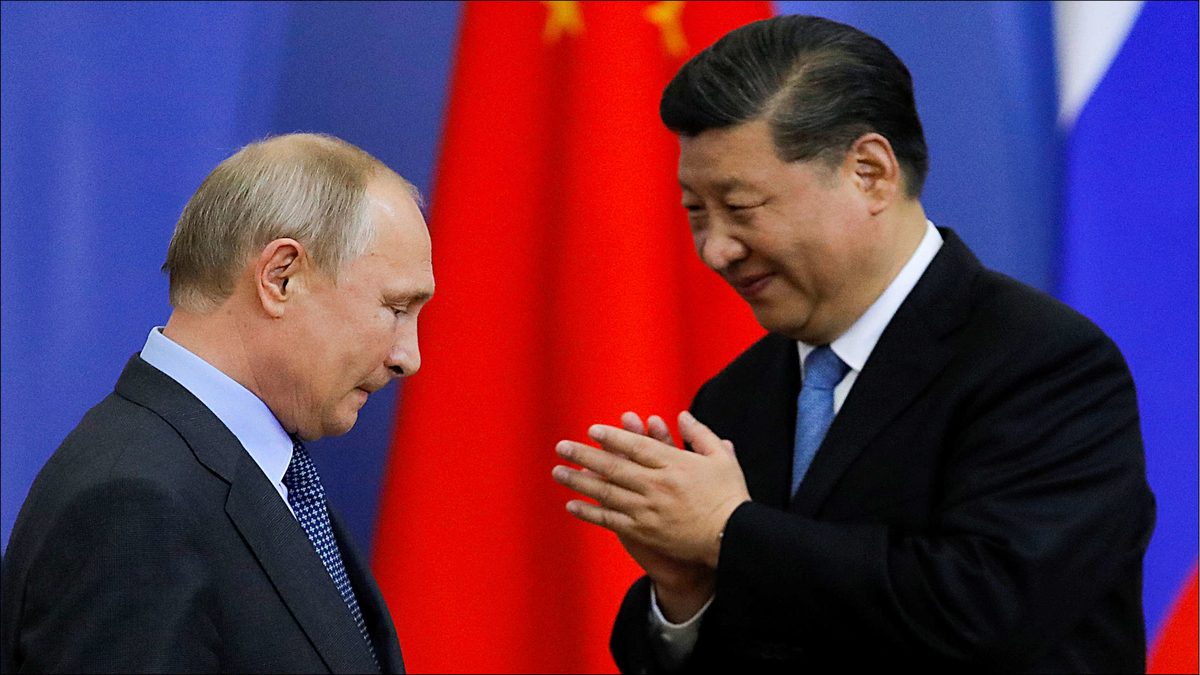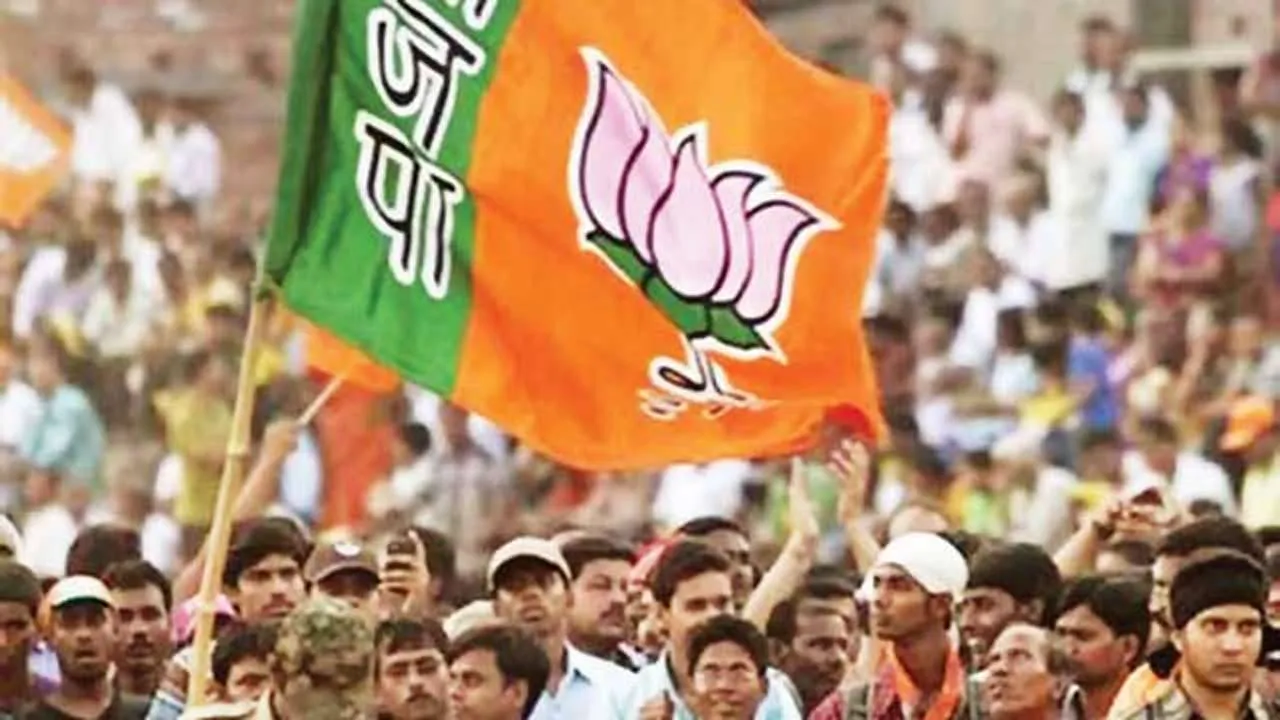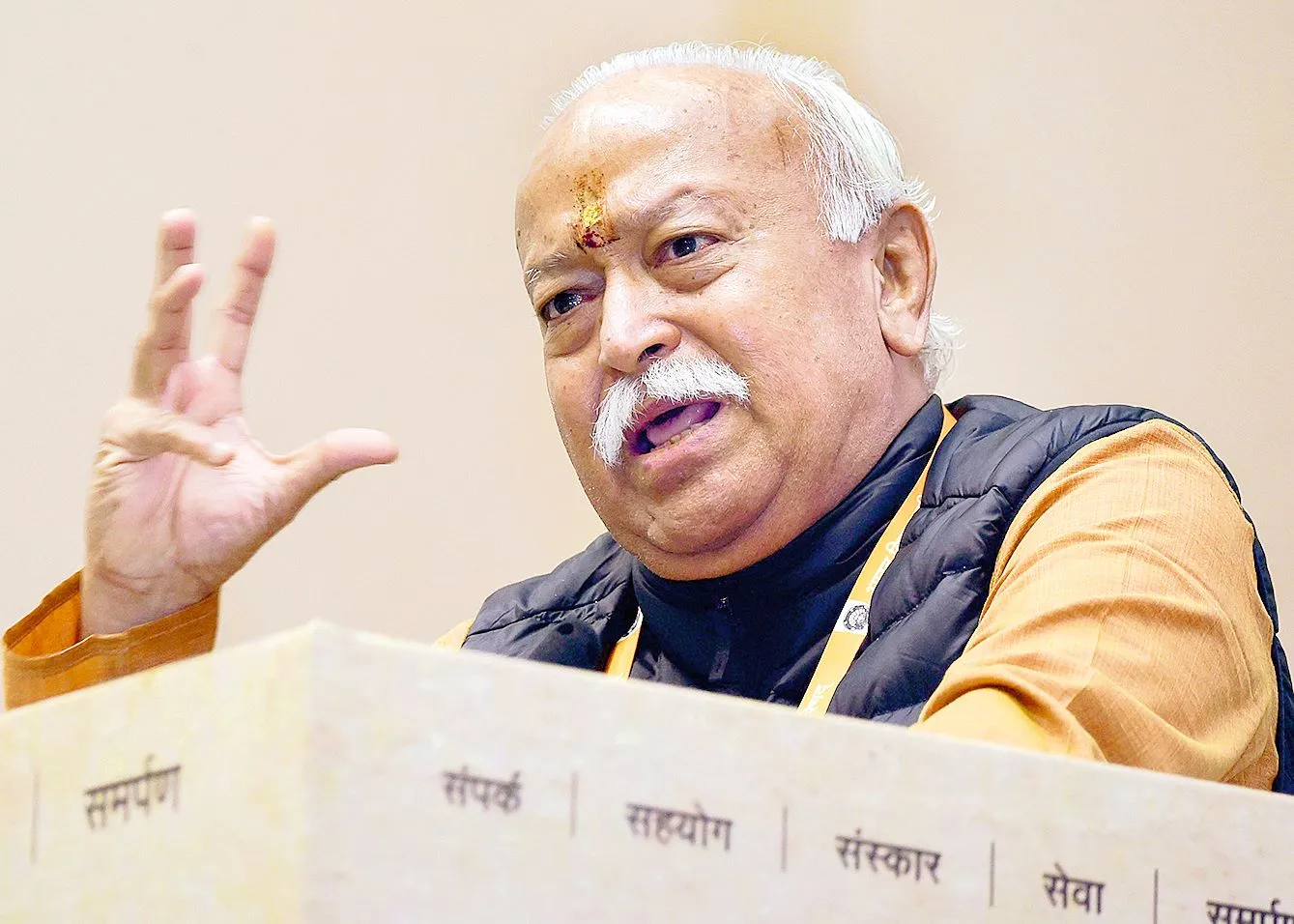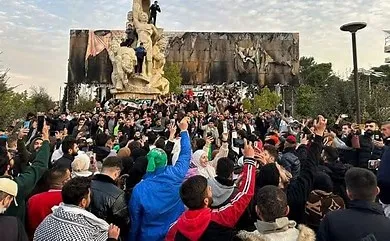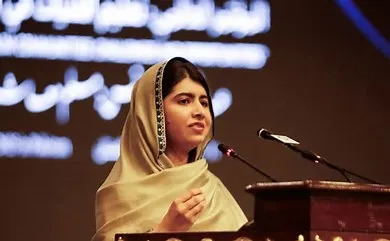While surprise and uncertainty are part of the diplomatic history, however, when two countries are in distinct poles joining together, generates a lot of hypothetical questions. This is because the antagonistic countries neither have any common understanding on issues nor have any common agenda for the welfare of global commons. This is quite dangerous to the course of international relations. Because it offers a lot of unpredictability and may have an impact on regional and global security. The same can be observed in the newfound relationship between Russia and Pakistan. In the history of Russian foreign policy, Pakistan never figured prominently in Moscow’s foreign policy discourses. However, over the last few years, Russia after building bridges with China (its historical nemesis) is now trying to forge a partnership with Beijing’s satellite, Pakistan. This is surprising to many Russian observers. The first forthcoming visit of Pakistan Prime Minister Imran Khan is going to take place from 23 to 26 of February 2022 as newspaper reports suggest.
The visit is taking place when the fratricidal conflict between Russia and Ukraine is at an all-time high and no one knows when the conflict will recede. At the same time, Russia is also facing a financial crunch due to international sanctions on it along the Covid pandemic is also hitting Russia badly. Internally, Moscow is also facing growing challenges from radical and extremist forces, particularly after the Taliban takeover of Afghanistan. Initially, Russia engaged with the Taliban but now it is realising the mistakes it committed by supporting the Taliban. Similarly, Russia is facing a strong challenge from China in its Siberian and Far East Region.
Some of these structural factors are putting a lot of strain on Russia’s domestic and foreign policy. It is in this context what propelled Russia to invite Pakistan’s Prime Minister to visit Moscow? There is a considerable unanimity of opinion in the foreign policymaking circles of the Kremlin that Pakistan is a failed state and a known patron of radical and terrorist forces operating in Russia. If one turns to the pages of Cold war history also there is ample proof that Pakistan provided sanctuary and arms training to the Afghan Mujhaideens’ who later on substantially damaged Soviet troops stationed in Afghanistan in the post-1979 phase.
In the aftermath of 1991, Pakistan’s role in creating trouble in the post-Soviet Space including in Russia has been highlighted from the statement of Presidents of Central Asian countries and Russia from time to time. The late President of Uzbekistan, Islam Karimov on a number of occasions has accused Pakistan of supporting terrorism and radicalism carried out by the Islamic Movement of Uzbekistan(IMU) in Uzbekistan and adjoining Central Asian countries. There are several statements from Russian policymakers which indict Pakistan’s role in aiding and abetting terrorism in the post-Soviet space. This was reflected more glaringly when Pakistan enunciated its “strategic depth” policy in the post-1995 phase which contributed to the emergence of the Taliban. The Taliban got the necessary legitimacy and sanctity from successive Pakistani regimes. Over the years, Pakistan became a sanctuary for Al Qaida, ISIS, Taliban, and other splinter Islamist terror groups having direct allegiance to Pakistan’s intelligence wing ISI. The Joint Hearing of the Committee On Foreign Affairs, House Of Representatives of the United States in 2016 acknowledged the fact that “ Pakistani military and intelligence services are still linked to terrorist groups.”
Similarly, Russian Scholar Sergey Markedonov in a report titled The Rise of Radical and Nonofficial Islamic Groups in Russia’s Volga Region highlighted the role of Pakistan in aiding terrorist activities in Russia. Markedonov in his report alleged that “Russian terrorists are being trained in the Waziristan region of Pakistan”. The same report mentions that another radical group banned in Russia, i.e “Tablighi Jammat is currently clandestinely operating in Tatarstan region of Russia with the active support of Pakistan”.
There are scores of literature that suggest the role of Pakistan in aiding and abetting terrorism in Russia. Similarly, Pakistan is still on the grey list of FATF for financing terrorist activities. Islamabad’s role in promoting global terrorism can be evident from the fact that whenever there is a resolution brought against international terrorism at the U.N Security Council, Pakistan continues to oppose the same with the connivance of its patron in recent years, i.e, China. It is in this context what is emerging is a new kind of nexus in the form of “China and Wahabi alliance”. Thus the China-Pakistan nexus along with the rise of Taliban in Afghanistan with the implicit consent of Beijing and Islamabad is posing a threat to the peace and security of post-Soviet Eurasia and also to South Asia. The same can be evident from the recent crisis which happened in Kazakhstan. Astana blamed the radicalist forces for fermenting trouble in this peaceful oil-rich country. It is in this context; one can see the larger danger being posed by China-Pakistan and the radicalist forces to the security of post-Soviet Eurasian countries.
It may be added here that President Vladimir Putin is a strong votary of the resolute fight against terrorism. More recently, in December 2021 in his address to Russian security agencies in Moscow, he called “ tough and uncompromising fight against terrorism”. However, a natural question that arises here is whether the Russian President has not compromised his position in the fight against terrorism by inviting Pakistan Prime Minister Imran Khan to Russia. By this act, Russia is sending a wrong signal to the international community regarding its position on the fight against terrorism. It may be added here that Russia is facing tough challenges from Western countries in recent months due to the Ukraine crisis but if it will host Pakistan Premier then Moscow might face further backlash from the international community.
Russia as part of its Greater Eurasian policy is in recent years involved itself in the construction of a gas pipeline project known as Pakistan Stream Gas Pipeline considered to be the only Russian investment in this trouble-torn country. As analysts are arguing, though this pipeline will not give much “geoeconomics” advantage to Russia, on the other hand, it will benefit Russia to an extent geopolitically as Moscow will have direct access to the warm water port of Gwadar located in Baluchistan which is its obsession since the 15th Century.
Taliban which Pakistan has created and nurtured over the years is also slipping out of Islamabad’s hand. This can be evident from growing Pashtun nationalism and conflict between Taliban-led Afghanistan and Pakistan over the legal status of the Durand line. It will create an additional headache for Russia in the longer run. In this context by engaging with Pakistan, which legitimises state terrorism, Russia is weakening its position in the eyes of the international community. Similarly, by engaging with Pakistan, Russia is giving the wrong signal to the Central Asian countries and alienating them from its sphere of influence. As it is a well-known fact that these five countries of Central Asia hate Pakistan for its role in promoting international terrorism.
Analysts are arguing that Pakistan’s Prime Minister visit to Russia may be a part of a greater strategy of China. As Beijing is pushing its “China-Wahabi” alliance vigorously and as part of this project, it is pushing Russia to mend ties with Pakistan. This will help China to smoothly operate its imperial OBOR project. Since Moscow is heavily dependent on Beijing for financial assistance it is bowing before China.
Strategic analysts believe that Russia’s growing rapprochement with China is largely due to its increasing isolation at the international level. This is more so after the Crimean crisis when the US imposed heavy financial sanctions and pushed Russia to a corner. So, there is a need for greater engagement of Russia by the West particularly the US. This will bring Russia out of the clutches of China and allow Moscow to pursue an independent policy.
The changing policy posture of Russia towards Pakistan is going to adversely affect India and Russia relations. During President Putin’s visit to India in December 2021 and the subsequent Joint Statement highlighted “shared fight against international terrorism, concerted action against all terrorist groups”. However, it appears that Russia is departing from the very principles of the Joint Statement which it signed with India in December 2021.
Russian foreign policy in the name of multi-vector is appeasing the “Sino-Wahabi alliance” represented by China and Pakistan in recent months. In this context, Kremlin should pursue a pragmatic foreign policy that will improve its status in the global community.
The writer teaches at the School of International Studies, Jawaharlal Nehru University, New Delhi. He can be reached at nalin238@gmail.com. The Views expressed are the writer’s personal.

